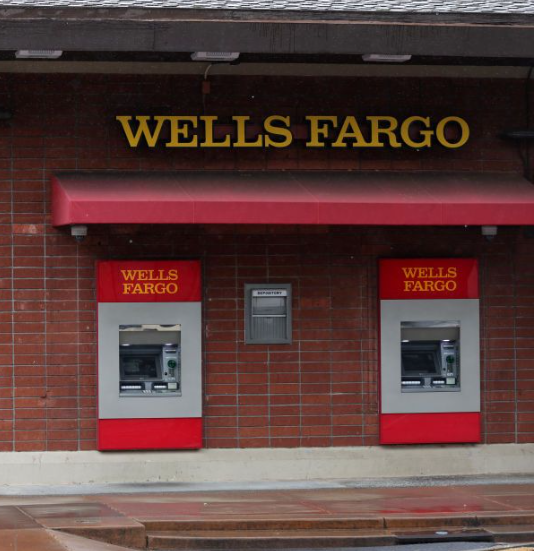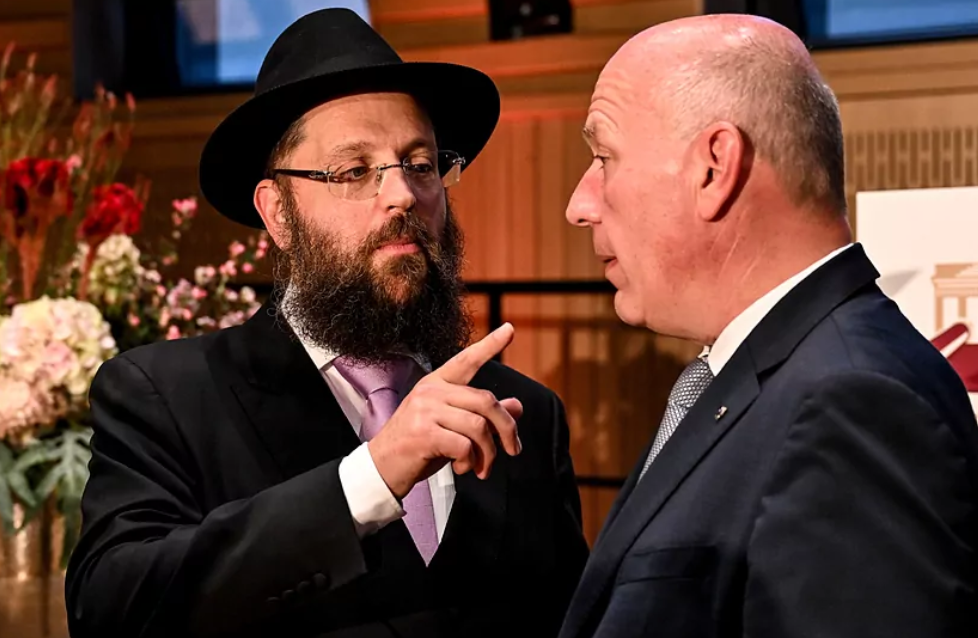
Rosh Hashanah.
“The shofar is our calling out to God and saying, ‘God, this is a new year. We want to connect with you. We want that relationship,'” Moscowitz said.
Rosh Hashanah is the Jewish New Year, and it begins a month of important Jewish Holy days. Many Jewish people observe it at their synagogues starting Friday evening and, by eating sweets. It is symbolic of the beginning of what they pray will be a sweet year. Many in the congregation gathered during the week to assemble these packages for distribution Friday.
“This month and this day directs the year to come. So, it’s a time of reflection, a time of reconnecting with God,” Moscowitz said.
Jewish people believe Rosh Hashanah celebrates the birth of mankind. It is a time to reflect and pray for forgiveness for sins of the past year. According to the Jewish calendar, it usually falls in September or October. This year, it also begins on the Friday evening, the Jewish Sabbath. They also light candles symbolizing light and peace in the home.
The Torah reading on the first day of Rosh Hashanah starts with Sarah conceiving. She gave birth to Isaac. This too brought conflict with Hagar, and she insisted that Abraham choose. He was reluctant. But God instructed him to side with Sarah. Hagar and Ishmael were exiled.
There is a very moving episode where Hagar believed that Ishmael was dying of thirst, until God intervened and they ended up in another part of Abraham’s estate. One can feel the pain of innocents being tortured by circumstances. The narrative continues with Abraham’s difficult relationship with the political powers he had to engage with.
“It reminds us of our purpose in this world as it relates to our relationship with our creator,” Moscowitz said.
One of the central themes of Rosh Hashanah is prayer. And, they have a 320-page prayer book for just the two days beginning at sundown Friday night.
Rosh Hashanah, the beginning of the 10-day period on the Jewish calendar known as the High Holidays, starts on the evening of September 15 and ends on the evening of September 17, 2023. Also called the Jewish New Year, it’s a time for celebration and self-reflection. Those who observe commemorate the holiday with prayer services and festive meals, along with other meaningful traditions.
Amid the festivities, some people maybe wondering if stores and other services are closed in honor of the Jewish holiday. Here’s what you need to know.

Are banks open on Rosh Hashanah 2023?
Rosh Hashanah is not a federal holiday, so you can expect most banks to be open during their normal business hours. Of course, this year, the holiday falls on a weekend, and many banks close their doors on Saturdays or have limited hours. In that case, the banks will be closed as usual. All banks are closed on Sundays. Customers can use ATMs or online services for their banking needs. If you’re uncertain of your bank’s weekend schedule, be sure to check with your local branch to find their Saturday hours.
Yom Kippur is the holiest day on the Jewish calendar and also one of the most somber commemorations of the year. Jewish adults observing Yom Kippur typically will fast for around 25 hours (starting at sundown the night before). However, Jewish teaching explains that anyone whose health may be at risk by fasting is exempt and should still eat and drink water on Yom Kippur.
Unlike Rosh Hashanah, Yom Kippur is a somber holiday, so you shouldn’t tell someone “Happy Yom Kippur.”
Instead, you could tell someone to “have an easy fast.” Some have recently taken to instead wishing people a “meaningful fast.” This recognizes that the fasting on Yom Kippur is not necessarily supposed to be an easy task.

Another traditional greeting is “G’mar chatima tova” (pronounced gih-MAR chah-tee-MAH toe-VAH), which basically means “May you be inscribed in the Book of Life for good.” In Jewish tradition it is believed one’s fate is decided on Rosh Hashanah and sealed on Yom Kippur.
Rosh Hashanah observances include special foods, traditions and mitzvahs, or commandments, and celebrations can vary from family to family. Many people attend services at a temple or synagogue, where a special service is held with messages of hope and atonement in the new year.
A hollowed-out ram’s horn, called a shofar, is blown during services to awake any spiritual slumber and remind worshipers to return to God and reflect on their sins.
Another important part of Rosh Hashanah is Tzedakah, or giving back to those in need. The belief is that by carrying out good deeds, God will notice these efforts and bless them with a fruitful new year.





